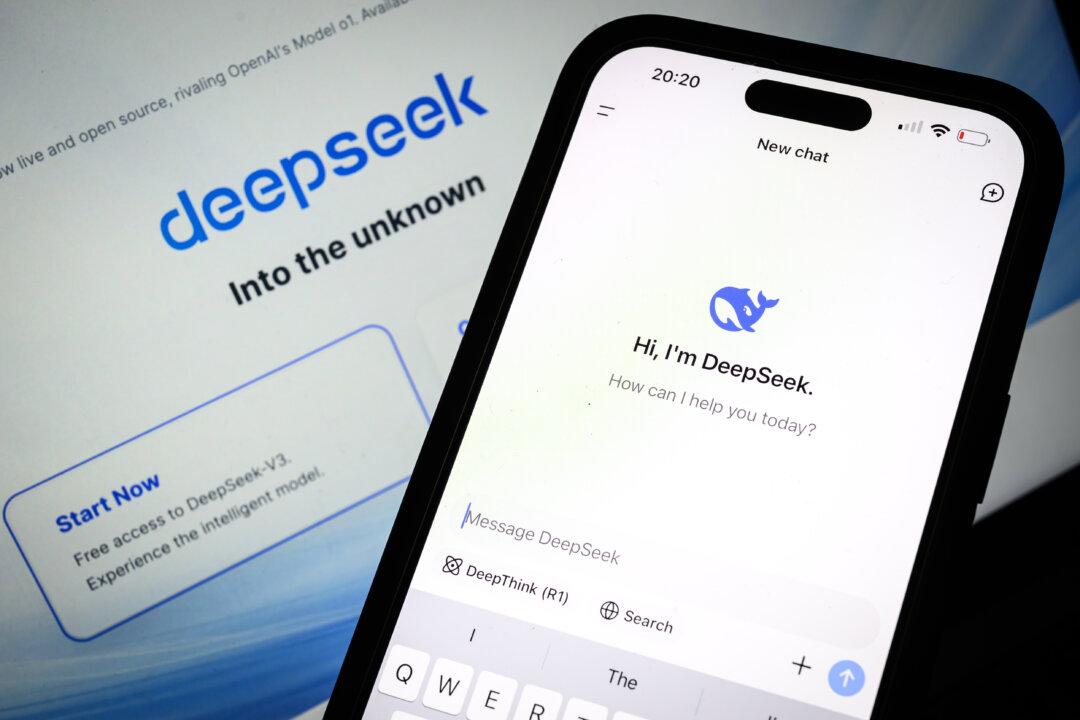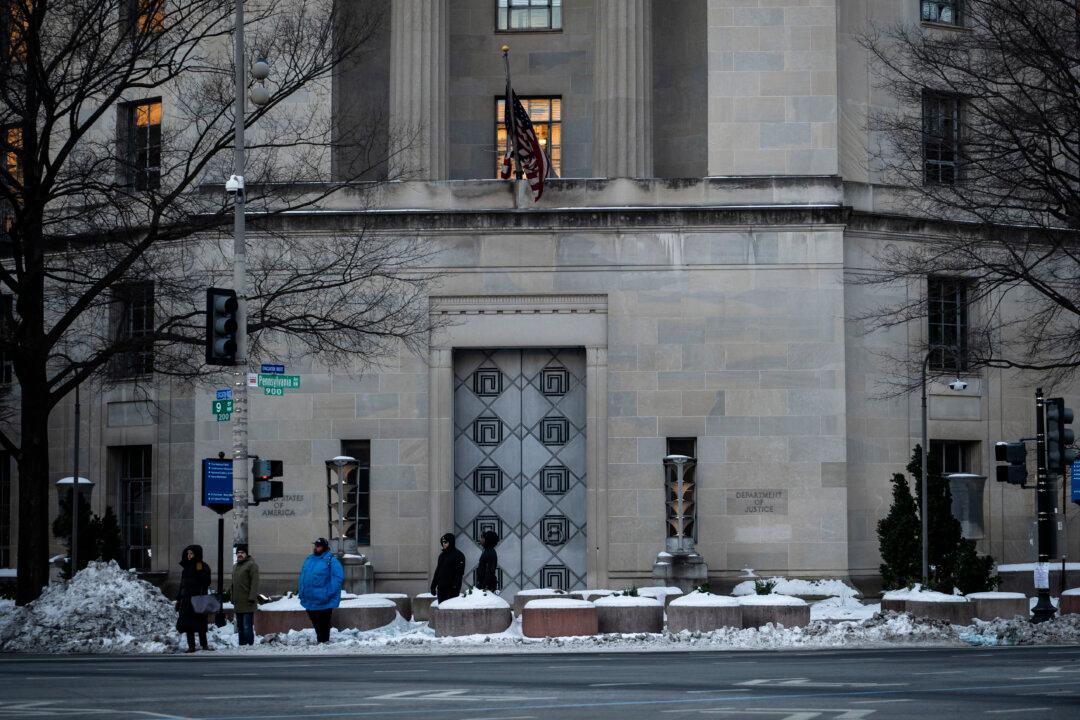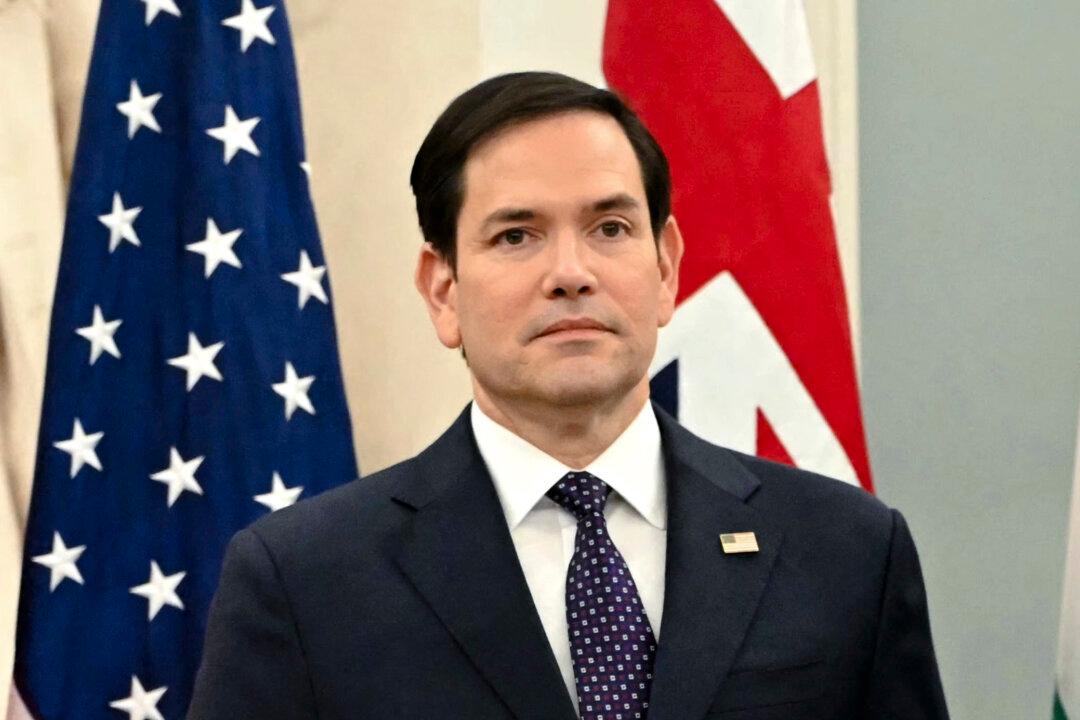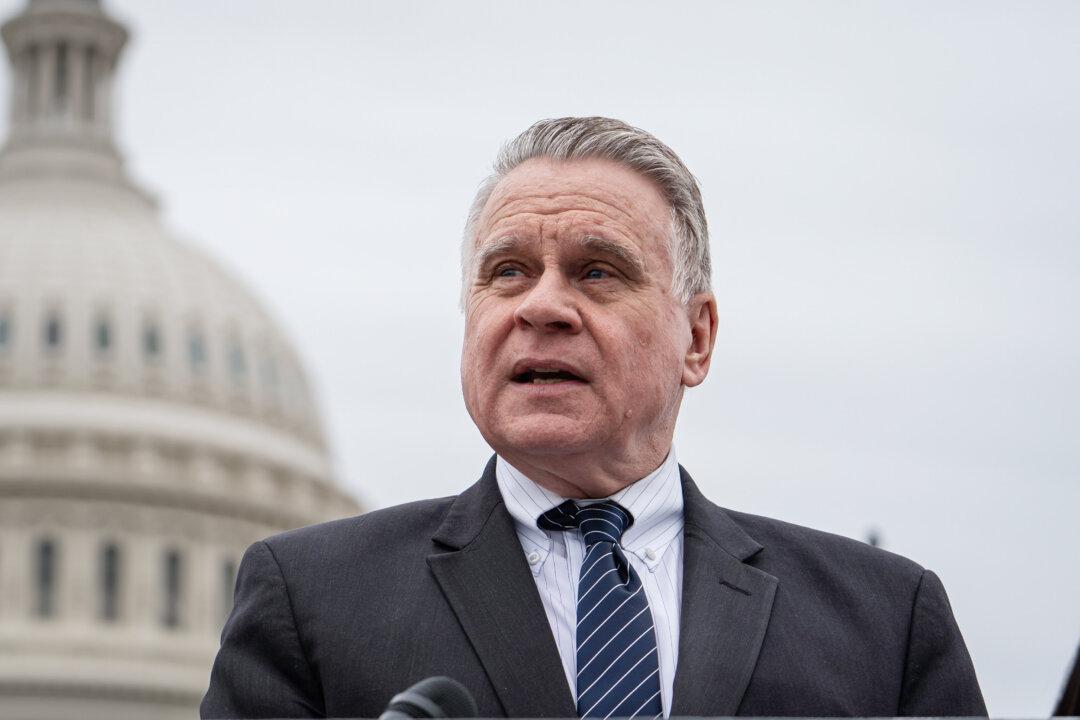TAIPEI, Taiwan—The attack against Hong Kong singer and activist Denise Ho on Sept. 29, when she was splattered with red paint while speaking to media at a local rally in support of Hong Kong protesters, is suspected of being orchestrated by local members of a pro-Beijing political party.
The party is part of Beijing’s “united front” of organizations that seek to spread the Chinese regime’s agenda overseas.
While Ho was speaking to media at the rally, a masked man, who disguised himself as a supporter of Hong Kong protests by donning a yellow helmet with the words “anti-extradition” written on it—in reference to Hongkongers’ opposition to a controversial extradition bill—suddenly poured red paint over Ho’s head.
The masked man was quickly surrounded by nearby rally participants before he could flee. Local police officers who were on-site to safeguard the rally quickly arrived to arrest the attacker.
The assailant has since been identified as Hu Chih-wai, 44, chairman of the local pro-Beijing Chinese Unification Promotion Party (CUPP), also known as the Unionist Party, whose leader, Chang An-lo, is an infamous local mafia boss who advocates for Taiwan’s capitulation to China.
Beijing considers Taiwan a renegade province despite the fact that the island is a de-facto independent country with democratically-elected officials and a separate military. It has continually threatened use of force to unite the island with the mainland.
Another member of CUPP, Liang Tai-fu, 54, was also arrested at the rally, on suspicion of being an accomplice in the attack.
She added: “The powerful machine of the United Front is surfacing in the ugliest way possible. Not only is this happening in #HK and TW, but also everywhere around the world.”
She added: “In an era of totalitarianism totally infiltrated by the ‘united front,’ people who believe in justice cannot retreat. They can only persist in their fight.”
According to local media, the Taipei District Prosecutor’s Office, after interrogating Hu and Liang, has decided that the two remain in custody and held incommunicado, on six charges including intimidation and insult.
Response
Taiwan President Tsai Ing-wen was among a group of Taiwanese officials who issued condemnations against the attack on Ho.China’s state-run media, meanwhile, voiced its support for the attackers. According to China’s hawkish state-run daily Global Times, Tian Feilong, an associate professor at Beihang University in Beijing, was quoted as saying that the action of the Unionist Party was “understandable,” and called the attackers “Chinese patriots.”
Wang also issued a warning to locals, saying that Beijing’s pawns in Taiwan are likely to carry out similar attacks against Taiwanese in the future, if the island were to be accept Chinese rule under “one country, two systems,” the framework currently in place in Hong Kong after the former British colony reverted to Chinese rule in 1997.
China’s United Front
China’s “united front” efforts mainly involve overseas operations to persuade organizations or individuals to spread the Party’s propaganda in different locales. The executive CCP agency behind these operations is the United Front Work Department.Hong Kong, Taiwan, and the United States have all been targets of Beijing’s united front efforts.
Garret pointed out that the Party has mobilized local united front groups in Hong Kong to attack protesters and marshal support for the Hong Kong government and police. The protesters have been labeled “counterrevolutionaries,” “extremists,” “separatists,” and “terrorists” in Chinese state media, stoking those pro-Beijing groups’ sentiments.
“United Front operations have involved sponsorship of organized crime to destabilize society and meddle in politics, which intend ’to turn Taiwan’s democracy against itself,’” the report stated, quoting Cole.
“Beijing uses United Front activities to weaken Taiwan’s relationship with the United States—its principal security partner—by exacerbating tensions within Taiwan’s society thereby leading to greater polarization and less national cohesion,” Hsiao stated.
The United States considers Taiwan a key ally in the Indo-Pacific region.





